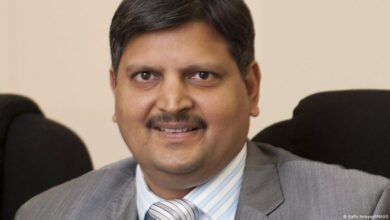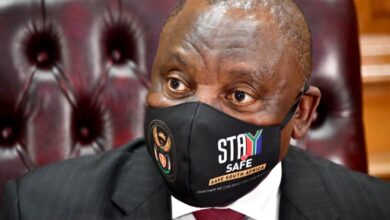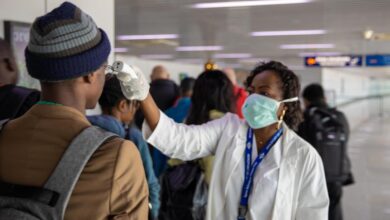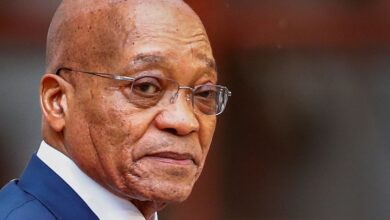South Africa
South African President Says No Decision Yet On Harder Lockdown Restrictions
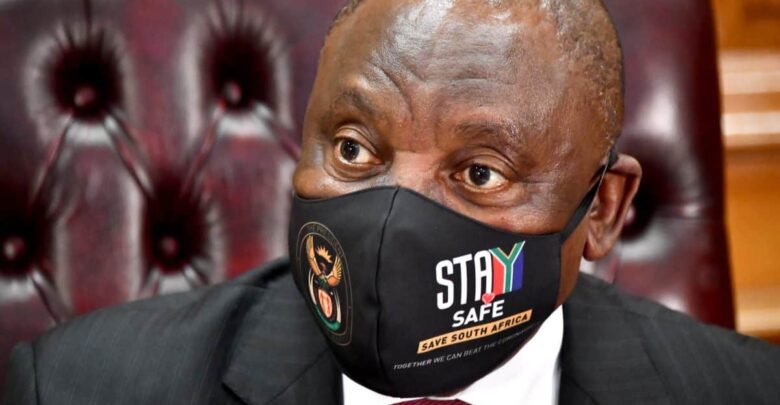
South African President Cyril Ramaphosa said the government is actively tracking the possibility of a third Covid-19 wave in the country, but no decision has yet been taken to introduce a harder lockdown, reported Business Tech. He said that that lockdown measures will be tightened if the third wave of COVID-19 reaches a severe level.
In an interview with France24, Ramaphosa said that there has been a clear increase in Covid-19 cases across the country.
The South African president said the government was gearing up measures in preparation for a third wave but reiterated that a lockdown would only be looked at depending on how badly the country is hit by an influx in new cases.
“We are watching it very closely, and if (the third wave) comes, we are ready. The issue of a lockdown is something that will only be looked at depending on the severity of the third Covid-19 wave,” he said.
Ramaphosa also commented on a number of key issues, including the Gaza crisis and infighting within the ANC around suspended secretary-general Ace Magshule.
Meanwhile, Health Minister Zweli Mkhize said new restrictions are inevitable as the country approaches the third wave. He appealed to the public not to panic and said discussions were underway with the National Coronavirus Command Council to find the best way to reduce the increasing case numbers.
According to the National Institute for Communicable Diseases (NICD), the Northern Cape, Free State and the North West are showing signs of either being in the third wave or close to it. While the Gauteng government confirmed the province has officially entered the third wave on Friday.
Mkhize said that the South African government will hold meetings this week to discuss further lock down restrictions.
South Africa has reported over 1,621,362 coronavirus cases so far including 55,507 deaths.


